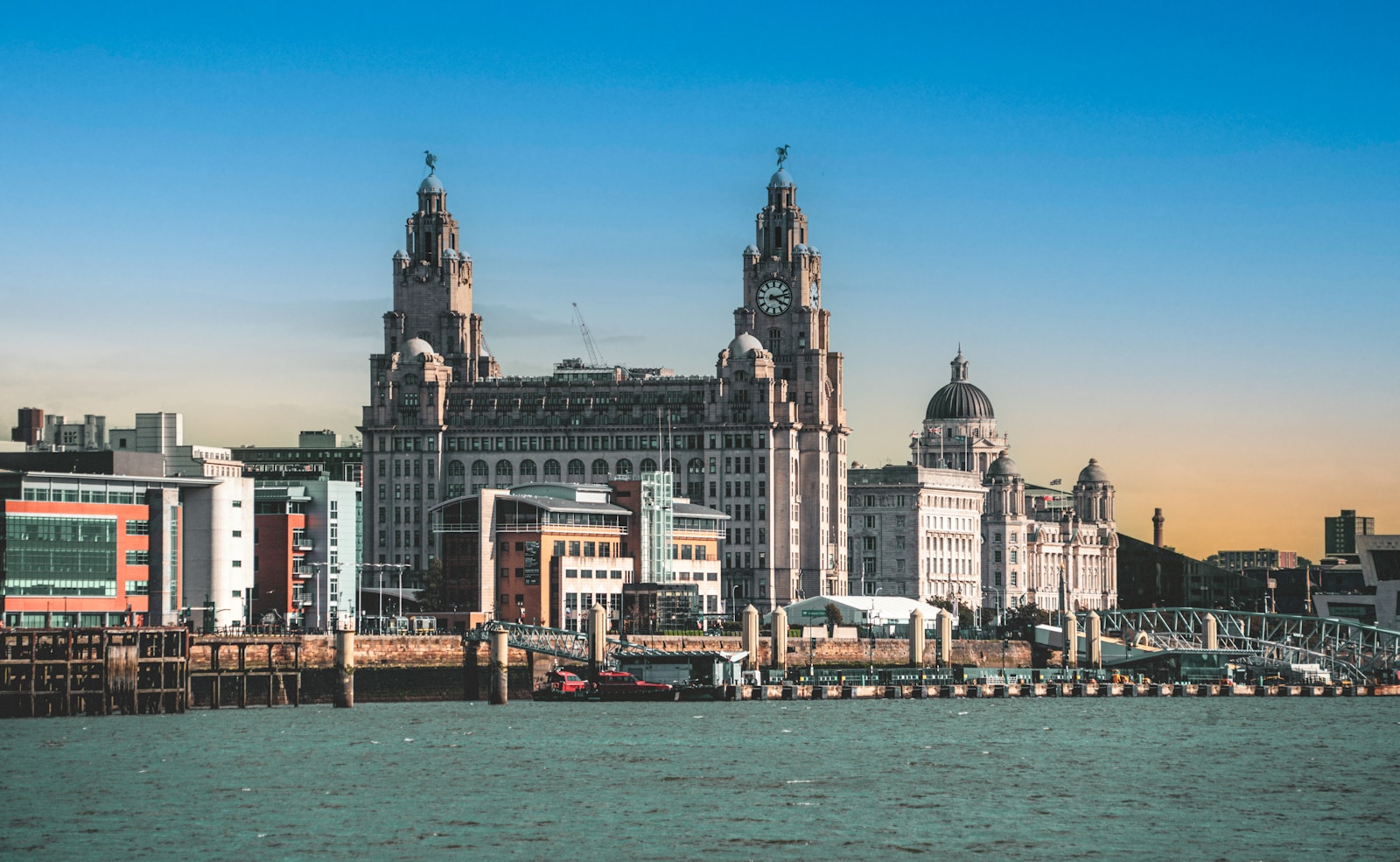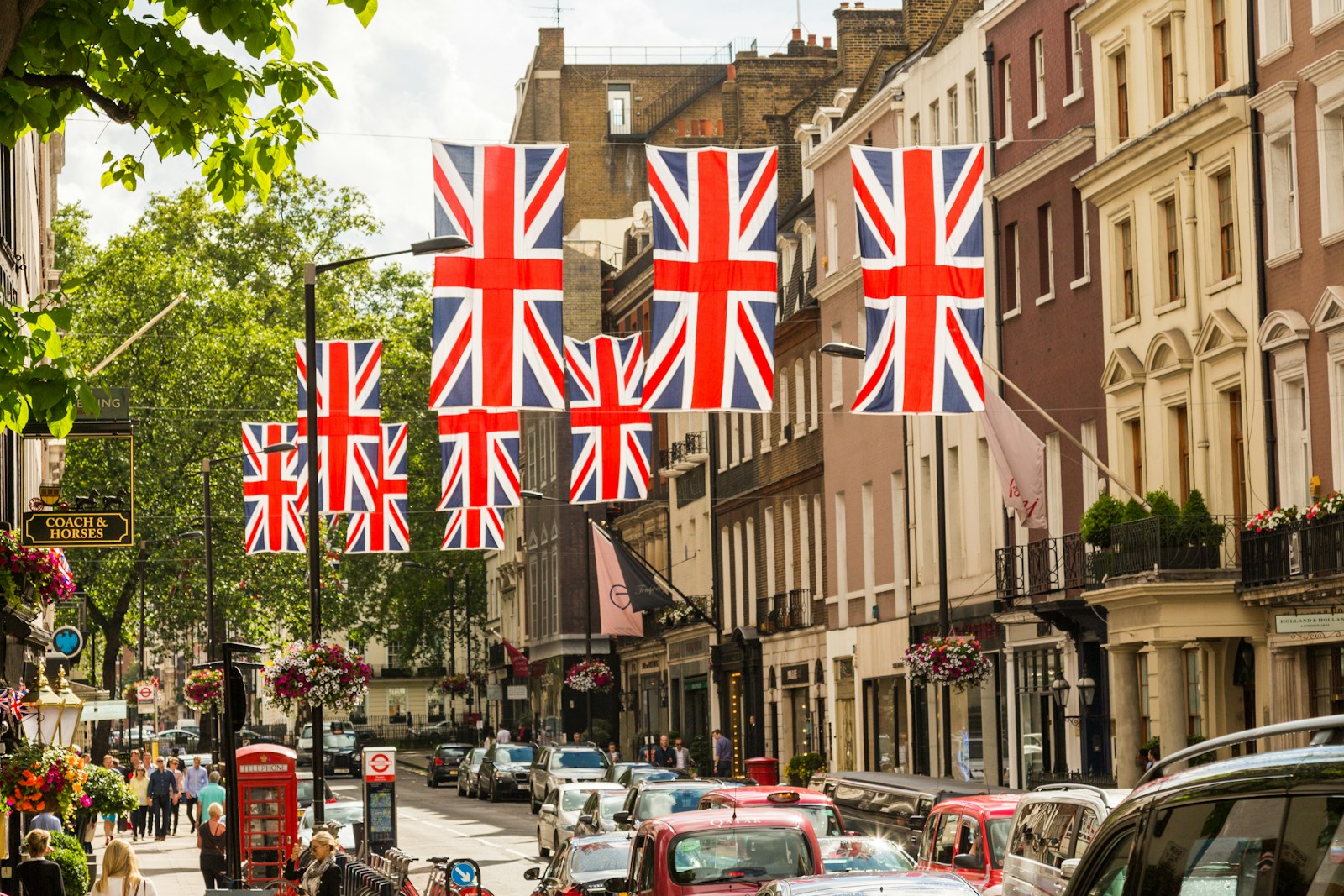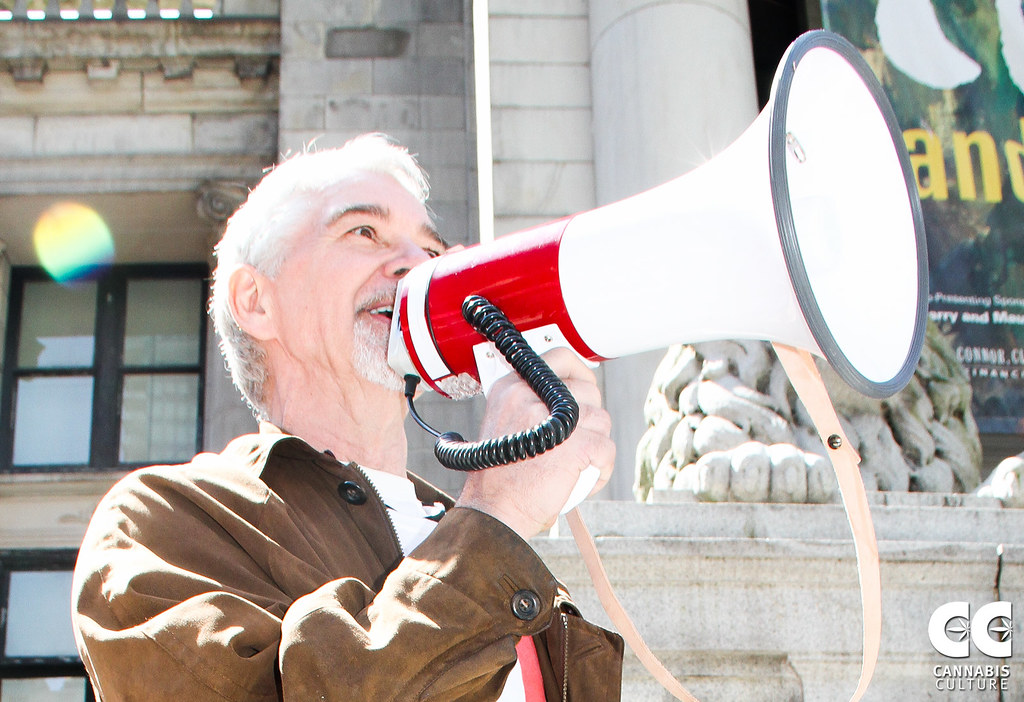
Introduction: A Love Affair with Stereotypes
When it comes to portraying cultures on the big screen, Hollywood has a flair for dramatization, and nowhere is this more evident than in its depiction of Britain. From the rolling hills of the English countryside to the bustling streets of London, American films often take creative liberties that can lead to amusing, if not entirely accurate, representations of British life. Let’s dive into some of the most common misconceptions and quirks that Hollywood films perpetuate about Britain.
The Accent Conundrum: A Ticklish Tangle of Tones
One of the most glaring inaccuracies is the portrayal of British accents. In many films, characters are either given exaggerated, posh accents or portrayed with thick Cockney accents that sound more like a caricature than reality.
In truth, Britain is a tapestry of dialects and accents, each with its own unique flavor. From the soft tones of a Yorkshire accent to the sharp edges of a Scouse dialect, America’s representation often falls flat. For instance, in films where characters switch from a suave, aristocratic tone to a rough, working-class accent in the blink of an eye, it becomes clear that the creators might not have done their homework.
Tea Time: Not Every Brit is a Tea Snob
Ah, tea – the quintessential British beverage that Hollywood seems to love. However, the portrayal of tea culture often leads to hilarious misunderstandings. In many American films, the portrayal of a British character is incomplete without them sipping from a dainty china cup, often while engaging in deep philosophical discussions.
In reality, while tea is indeed popular in the UK, it’s not all high tea and crumpets. Many Brits enjoy their tea in casual settings, brewed in a simple mug with milk and sugar, not necessarily involving a formal tea service. Moreover, the British don’t stop everything for a cuppa – they have busy lives just like everyone else!
The Royal Obsession: Not Every Brit is a Royalist
Hollywood has an undeniable obsession with the British royal family. From “The King’s Speech” to “The Crown,” the dramatization of royal life captivates American audiences. However, this fascination can lead to the misconception that every Brit feels a deep connection to the monarchy.
In truth, while many do appreciate the royal family’s history and pageantry, there is a significant portion of the population that isn’t particularly interested or may even be critical of the institution. The portrayal of every character being overly excited about royal weddings or births overlooks the diversity of opinions present in British society.
British Humor: Dry, Sarcastic, and Often Misunderstood
When it comes to humor, Americans often miss the mark with British wit. Films frequently depict British humor as overly formal or reliant on quick quips that don’t land with American audiences.
British humor is characterized by its subtlety, dry delivery, and often, a self-deprecating tone. Think of shows like “The Office” (UK version) and “Monty Python” – these exhibit a type of humor that thrives on irony and absurdity. Yet, Hollywood often leans into slapstick or overly exaggerated comedic scenarios that can come off as forced or unrealistic.
Pubs: Not Just for a Pint and a Brawl
The pub is a staple of British culture, but American films often depict them as rough-and-tumble places where bar fights are commonplace, and the beer flows like water. While it’s true that pubs can be lively, they are also spaces for community and relaxation.
In reality, many pubs are quaint establishments where people gather to enjoy a quiet drink, share a meal, or watch a football match in a friendly atmosphere. The portrayal of pubs in films can sometimes feel akin to a Wild West saloon rather than the cozy, inviting places they really are.
Fashion Faux Pas: Not Everyone Wears a Bowler Hat
Another amusing aspect of American films is their fashion portrayal of British characters. The stereotype often revolves around bowler hats, tweed jackets, and waistcoats, which is hardly reflective of modern British style.
In the UK today, fashion is incredibly diverse, influenced by various cultures and trends. While certain traditional styles certainly exist, the everyday attire of the average Brit is more likely to resemble a mix of high street fashion, casual wear, and eclectic street style rather than a scene from a Victorian novel.
The Weather: It’s Not Always Rainy and Gloomy
The cloudy skies and relentless rain depicted in films often lead Americans to believe that the UK is perpetually dreary. While it’s true that Britain is no stranger to rainy days, the weather varies significantly across the country.
In reality, the UK experiences a range of climates, with sunny days, glorious summers, and even the occasional heatwave. The portrayal of Britain as a land of constant drizzle can be misleading, reducing the vibrant experiences that come with sunny picnics in the park or beach days along the coast.
Food: Beyond Fish and Chips
When American films attempt to showcase British cuisine, they often default to fish and chips or the classic English breakfast. While these dishes are indeed beloved, they do not encompass the entirety of British food culture.
British cuisine is a melting pot of flavors influenced by diverse communities, from Indian curries to Caribbean jerk chicken, and from Italian pastas to Middle Eastern flavors. The narrow focus on a few traditional dishes overlooks the evolving culinary landscape found throughout the UK, where food enthusiasts experiment and celebrate global influences.
Conclusion: Fostering Understanding Through Film
American films serve as a window into British culture, albeit through a lens that often distorts reality. While these portrayals can sometimes lead to misunderstandings, they also foster curiosity and spark the desire to learn more about the rich tapestry of life in Britain.
If we approach these films with a sense of humor and a critical eye, we can enjoy the entertainment value while also recognizing the nuances and complexities of British culture. After all, the truth is often stranger – and far more interesting – than fiction. So the next time you settle down for a Hollywood film set in Britain, grab your tea, settle in, and prepare to take the stereotypes with a pinch of salt!






